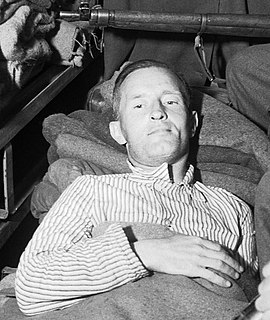A Quote by Jerry Rubin
The jobs are there, but, particularly for working adults, traditional education just isnt going to cut it. New ways for training that meet the real-life requirements for adults are critically important.
Related Quotes
The StarTalks - while kids can watch them, they're actually targeted at adults. Because adults outnumber kids five to one, and adults vote, and adults wield resources, and adults are heads of agencies. So if we're going to affect policy, or affect attitudes, for me, the adults have always been the target population.
The new concept of the child as equal and the new integration of children into adult life has helped bring about a gradual but certain erosion of these boundaries that once separated the world of children from the word of adults, boundaries that allowed adults to treat children differently than they treated other adults because they understood that children are different.
When I was a kid, my parents smartly raised us to keep quiet, be respectful to older people, and generally not question adults all that much. I think that's because they were assuming that 99 percent of the time, we'd be interacting with worthy, smart adults... They didn't ever tell me 'Sometimes you will meet idiots who are technically adults and authority figures. You don't have to do what they say.
Adults follow paths. Children explore. Adults are content to walk the same way, hundreds of times, or thousands; perhaps it never occurs to adults to step off the paths, to creep beneath rhododendrons, to find the spaces between fences. I was a child, which meant that I knew a dozen different ways of getting out of our property and into the lane, ways that would not involve walking down our drive.
Many teachers think of children as immature adults. It might lead to better and more 'respectful' teaching, if we thought of adults as atrophied children. Many 'well-adjusted' adults are bitter, uncreative, frightened, unimaginative, and rather hostile people. Instead of assuming they were born that way, or that that's what being an adult entails, we might consider them as people damaged by their education and upbringing.
In a changing world, some jobs disappear and new ones are created. That's how it has been for hundreds of years. When jobs disappear, the vast majority is not because of global trade, but because of technical advances, robotization and so on. So, we - and in particular, EU member states - have to invest more in training and education so that people will have new opportunities if their jobs are cut. The EU can also better utilize its investment and social funds to protect its citizens from swift changes.






































